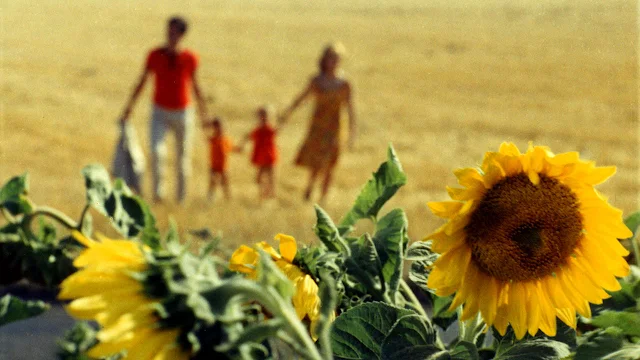 |
| Antoine Bourseiller and Corinne Marchand in Cléo From 5 to 7 |
Antoine: Antoine Bourseiller
Angèle: Dominique Davray
Dorothée: Dorothée Blanck
Bob the Pianist: Michel Legrand
The Lover: José Luis de Vilallonga
Irma, the Fortune-Teller: Loye Payen
The Taxi Driver: Lucienne Marchand
Plumitif, the Lyricist: Serge Korber
Director: Agnès Varda
Screenplay: Agnès Varda
Cinematography: Paul Bonis, Alain Levent, Jean Rabier
Production design: Jean-François Adam
Film editing: Pascale Laverrière, Janine Verneau
Music: Michel Legrand
Has any director ever so successfully combined the keen editorial eye of the documentary filmmaker with the storytelling gifts of the creator of fictional films as Agnès Varda? From the beginning, with the vivid setting of the small Mediterranean fishing community of La Pointe Courte (1955) serving as background and correlative for the troubles of a married couple, Varda has known how to reverse Marianne Moore's formula of "imaginary gardens with real toads in them" and tell stories about imaginary people in real places. The real place in Cléo From 5 to 7 is the city of Paris, where Varda continually finds ways to enhance her slice-of-life story of pop-singer Cléo, waiting out the results of a medical test that she is sure will doom her to death from cancer. When her protagonist leaves the sanctuary of her apartment and wanders the streets of the city, Varda continually finds little bits of memento mori to insert into the frame, such as the Pompes Funèbres sign on a mortician's place of business that we glimpse from the windows of the bus in which Cléo is riding. It's not done with a heavy hand, but rather with a slyly macabre irony, for Cléo is as much a target of Varda's wry humor as she is an object of concern. We glimpse her vanity and frivolity and superstition while we also feel sympathy with her anxiety and fear of death.
